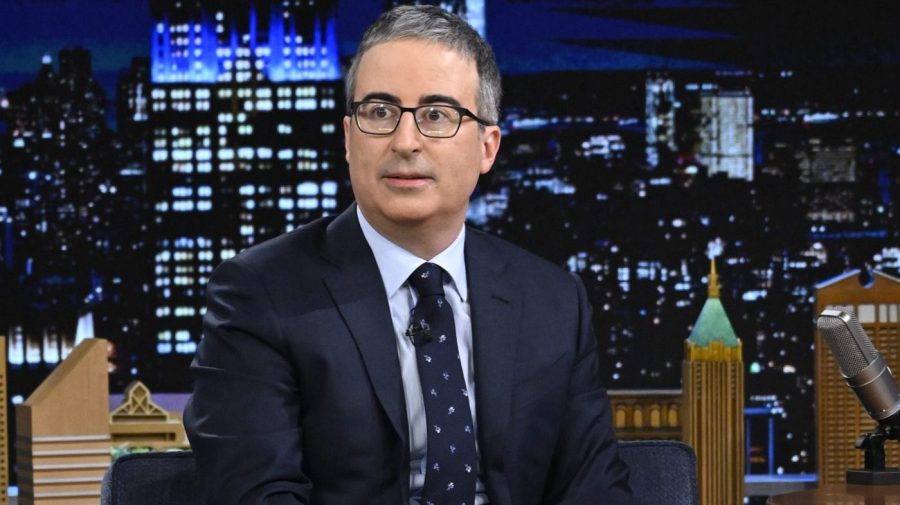John Oliver Vows to Stay in US Even Under Trump’s Potential Second Term
British comedian and political commentator John Oliver recently made headlines by declaring he would remain in the United States even if Donald Trump were to win a second presidential term. This statement comes amid growing concerns about the potential implications of another Trump presidency.
Key Points:
John Oliver, host of HBO’s “Last Week Tonight,” stated he would “go down with the Titanic” rather than leave the US if Trump is re-elected.
Oliver’s comments reflect broader anxieties among some Americans about the potential consequences of a second Trump term.
The comedian’s stance contrasts with the “move to Canada” sentiment expressed by some during previous elections.
Background and Context
John Oliver, known for his sharp political satire, has been a vocal critic of Donald Trump throughout his political career. As the 2024 presidential election approaches, discussions about the potential impact of a Trump victory have intensified.
Trump’s campaign has outlined plans for his potential second term, including:
Expanding executive authority
Replacing civil servants with ideologically aligned appointees
Implementing stricter immigration policies
Cutting funding for schools with vaccine or mask mandates
These proposals have sparked debate about the potential changes to American governance and society under a second Trump administration.
Different Perspectives
While Oliver’s statement represents one viewpoint, it’s important to consider various perspectives on this issue:
Trump Supporters: Many believe a second Trump term would bring positive changes, including economic growth and stronger national security.
Critics and Opponents: Some express concern about potential threats to democratic institutions and civil liberties under another Trump presidency.
Moderate Voices: Others emphasize the importance of civic engagement and democratic processes, regardless of election outcomes.
Why It Matters
Oliver’s declaration highlights the intense emotions and stakes surrounding the upcoming election. It also underscores the role of public figures in shaping political discourse and potentially influencing public opinion. The comedian’s stance may resonate with those who share his concerns, while also sparking debate about civic responsibility and the importance of engaging with the political process, even in challenging times.
Conclusion
As the 2024 election approaches, statements like Oliver’s are likely to fuel ongoing discussions about the potential impact of election outcomes on American society and individuals’ personal decisions. Regardless of political leanings, it’s crucial for voters to stay informed about candidates’ platforms and engage thoughtfully in the democratic process.









